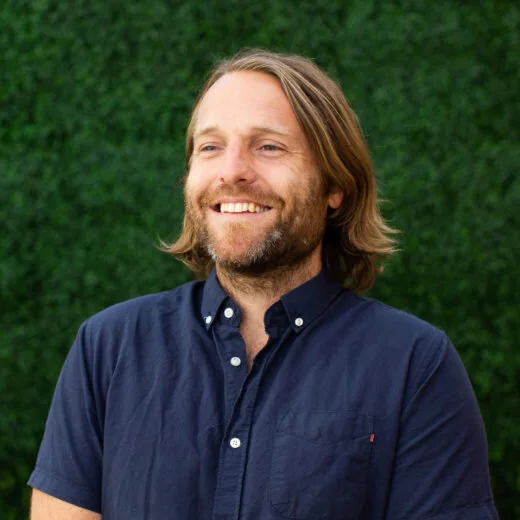Breakout Sessions
MORNING
M1 Unreading the Racial Script
What we know about human difference comes to us as a series of historical events, assembled over time, that communicate something about hope and community. The outcome has been problems that we continue to address in society related to human difference; they are less a product of hate as they are of desire. What do we want, today? And how are those wants reflective of following after Jesus?
M2 The 'Latino Threat' and the Brown Church: Five Centuries of Latina/o Social Justice, Theology, and Identity
Over the past two centuries in the United States, the Hispanic community has been portrayed as what scholars call "the Latino Threat": “unwilling or incapable of integrating, of becoming part of the national community. Rather, we are part of an invading force from south of the border that is bent on reconquering land that was formerly theirs (the U.S. Southwest) and destroying the American way of life.” This seminar examines the history of the Latino Threat Narrative, as well as its tangible expression in anti-immigrant laws and policies, both past and present. In addition, drawing from Romero's new book, Brown Church: Five Centuries of Latina/o Social Justice, Theology, and Identity (IVP Academic, Spring 2020), this workshop will also explore the historical responses of the Latina/o Christian community of the United States to such racial injustice. Unbeknownst to most, Latino followers of Jesus in Latin America and the United States possess a 500 year social justice tradition challenging all manner of racial inequalities, ranging from colonialism, patriarchy, slavery, Jim Crow segregation, the exploitation of farmworkers, and xenophobic laws and policies. Collectively, this tradition may be called the "Brown Church."
M3 From Complicity to Repudiation to Reconciliation
The doctrine of discovery had its roots in Europe, was articulated in papal bulls issued in the 15th century, came to the Americas with the European explorers, and was adopted by the US Supreme Court as American law in Johnson vs. M’Intosh (1823). It was used to justify the seizure and colonization of Indigenous lands.
A number of Protestant denominations have taken actions to repudiate the doctrine of discovery, in both Canada and the United States. As part of this move, denominations are examining the historic role of the Church in promoting the doctrine through participation in historic government policies on Indigenous peoples. Christian denominations are asking what actions they can take beyond repudiation and into reconciliation.
The presentation will examine the ways the doctrine was articulated in the church, in government policy and in the courts. This involves considerations of colonialism and racism as they manifested in the journey of the doctrine from the papal bulls to laws and policies affecting Indigenous peoples. Since international human rights advocacy for Indigenous peoples was an important part of the impetus for repudiation, we will also examine the doctrine in a human rights context.
AFTERNOON
A1 Heal Our Hearts, Heal Our Streets, Heal Our World
God is redeeming individuals, neighborhoods, and a broken world. The message of salvation is both personal and social. In this session we will explore a vision for redemption that includes healing hearts and challenging systems of injustice.
Speaker
Shane Claiborne
A2 Welcoming the Stranger: A Christian Response to Immigration
At a time of unprecedented global forced migration, what should be the church’s response? The U.S. has traditionally played a leadership role in offering refuge to the world’s persecuted, but recent policy changes have led to many asylum-seekers and refugees being left in vulnerable situations. Learn about these recent policy changes and also how the church can lead in serving and advocating for our immigrant neighbors.
Speaker
Jenny Yang
A3 The Opportunity of Conflict: Becoming Everyday Peacemakers in Our Homes, on Our Streets, and in Our World
Five minutes on our smartphones and we are again confronted with the conflicted reality of our country and world. As followers of Jesus, do we throw up our arms and walk away or roll up our sleeves and join God in healing our broken world? The work of peacemaking is often stigmatized as something soft and idealistic, reserved for political power brokers or those on the fringes of society. As followers of an others-oriented, enemy-loving God, it is clear to us that peacemaking is neither soft nor idealistic, but a subversive, costly way of life that moves us toward conflict armed to heal rather than to win. What if conflict is not a problem to fix, but an opportunity for transformation? What are the tools we need in order to move toward conflict in our relationships, neighborhoods, and world as participants in God’s mission of restoration? This breakout session will equip you with a theology for peacemaking and offer a tangible set of practices to join God in mending the divides of our conflicted world.
Speaker
Jon Huckins






